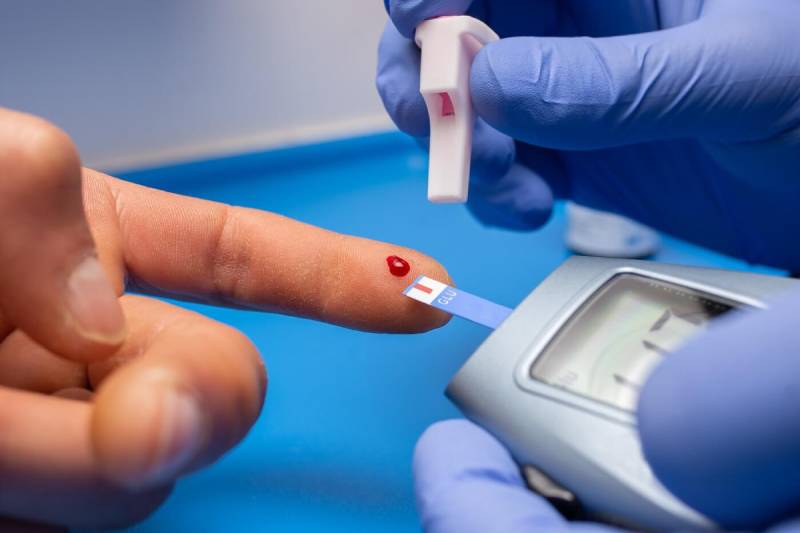Every year, millions of people around the world are diagnosed with diabetes—often after the disease has already started damaging their health. The surprising part? Many of these cases could have been detected much earlier through simple, routine screening. Early detection doesn’t just make treatment easier—it can literally save lives.
What Is Diabetes Screening?
Diabetes screening is a process of checking your blood sugar levels to identify whether you’re at risk for, or already have, diabetes. It includes quick and non-invasive tests that can uncover hidden issues long before noticeable symptoms appear.
There are three main stages of concern:
- Normal blood sugar levels
- Prediabetes – a warning stage that’s still reversible
- Type 2 diabetes – where blood sugar levels are consistently too high
Why Early Detection Matters
By the time symptoms like fatigue, thirst, or blurry vision show up, diabetes may have already caused damage to your heart, kidneys, nerves, or eyes. Screening helps catch the disease in its early or even pre-diabetic phase—when you have the best chance to reverse the condition or slow its progression.
Here’s what early detection helps with:
- Preventing complications like heart disease and stroke
- Avoiding vision loss and nerve damage
- Preserving kidney function
- Saving money on long-term medical costs
How Is Screening Done?
Screening typically involves one or more of the following tests:
- Fasting Blood Sugar (FBS): Measures blood glucose after 8 hours without eating
- HbA1c Test: Shows your average blood sugar level over the past 2–3 months
- Random Blood Sugar Test: Done anytime, regardless of when you last ate
- Oral Glucose Tolerance Test (OGTT): Measures your body’s response to sugar
These tests are affordable, widely available, and often covered by insurance.
Who Should Be Screened?
You may not feel sick, but certain risk factors make regular screening essential. You should get screened if you:
- Are 35 years or older
- Are overweight or obese
- Have a family history of diabetes
- Lead a sedentary lifestyle
- Have high blood pressure or cholesterol
- Had gestational diabetes during pregnancy
- Belong to certain ethnic backgrounds with higher risk (e.g., South Asian, African, Hispanic)
Even children and teens may need screening if they are at high risk.
When to Get Screened
For most healthy adults:
- Start screening at age 35
- Repeat every 3 years if normal
- If you’re prediabetic or at high risk, test annually
What Happens If You’re at Risk?
A prediabetes diagnosis is not a life sentence. In fact, it’s an opportunity. With lifestyle changes—such as healthier eating, regular exercise, weight loss, and better sleep—you can completely reverse it.
If diabetes is detected, early management with medication and lifestyle guidance can help you live a long, active, and fulfilling life.
Final Thought: Don’t Wait, Take the Test
Diabetes doesn’t always knock loudly. Sometimes, it sneaks in quietly. But you have the power to catch it early. A simple screening today could change your future. Speak with your doctor and make the move that could save your life.

 Diabetology2 weeks ago
Diabetology2 weeks ago
 Diabetology2 weeks ago
Diabetology2 weeks ago
 Diabetology2 weeks ago
Diabetology2 weeks ago
 Diabetology1 week ago
Diabetology1 week ago
 Diabetology1 day ago
Diabetology1 day ago
 Diabetology1 day ago
Diabetology1 day ago
 Diabetology4 hours ago
Diabetology4 hours ago







